Why Velocis Chose Dallas for Its Industrial Debut
Partner Paul Smith on the strategy behind the company’s move into new territory.
As online shopping transitioned from “an option” to “first choice” for many end clients in the past few years, demand for space has skyrocketed. An increasing number of companies continue to enter the booming industrial sector and developers are barely keeping pace.
According to CommercialEdge data, almost 500 million square feet of industrial space was under development across the country as of July, with the Dallas-Fort Worth market leading the way, with 32.6 million square feet under construction.
Last month, Velocis kicked off its entry into the industrial sector with the acquisition of two development sites in the Dallas area. The company teamed up with Sumitomo Corp. of Americas to develop 850,000 square feet of Class A industrial space in the South Dallas and the Great Southwest submarkets of Texas. Partner Paul Smith offered Commercial Property Executive an in-depth view on the strategy behind this move.
An increasing number of large companies choose Texas—and Dallas in particular—to relocate to or expand in. What do you think is fueling this trend?
Smith: Texas has a compelling, business-friendly environment. Dallas has been a leader in business recruiting efforts, working with companies interested in making a move from states with high taxes and less business-friendly environments. The bottom line is that Dallas does what it can to make it easy for companies to relocate and a low tax structure is the icing on the cake. Dallas should continue to add thousands of jobs weekly.
According to recent reports from the Dallas Regional Chamber, more jobs are being created in the Dallas-Fort Worth market than any other U.S. metro area. Dallas has a 60 percent lower cost of living than the top three U.S. metro areas, while it is also the country’s second-busiest home construction market.
How is this influx shaping the metro’s industrial market?
Smith: Industrial users follow several key metrics such as: population growth, solid infrastructure, e-commerce demand, sufficient labor force and available land for future development, among others. The Dallas-Fort Worth area checks all these boxes and we expect that to continue for years to come, while also creating continued warehouse space demand across the Metroplex.
Some Dallas industrial submarkets are already effectively fully occupied. We expect to see a continued pipeline of new construction as supply struggles to keep up with demand.
Why did you choose Dallas for your first industrial projects?
Smith: Dallas is our home base and we have a number of local relationships in the industrial space. We were able to strike a successful development structure with one of these groups to capture the burgeoning demand in the Dallas-Fort Worth market.
READ ALSO: Dallas-Fort Worth Office Update: Transactions Rising
Why did you partner with Sumitomo Corp. of Americas for the developments? Are you planning other projects together?
Smith: Several Velocis principals have had a long relationship with Sumitomo Corp. throughout our careers. We have transacted with them previously and share similar views on real estate opportunities. The dynamics of industrial development in Texas fit our mutual goals at the right time and we are honored to partner with them again. We expect to close a number of additional development deals together.
Do you expect to encounter construction difficulties, considering the material and labor shortages caused by the pandemic?
Smith: We have already dealt with a few budget challenges that were presented as construction began to increase this spring. In particular, steel pricing and concrete shortages related to winter storms and the pandemic have affected our timing and budget for each deal, but we have been able to digest these issues effectively.
Velocis has a number of deep lending relationships and dealing with an experienced, local bank has been very helpful in working through these issues. Additionally, timely commitments secured by our contractors has proven helpful in removing labor and cost risks.
What type of tenants are you targeting for your Dallas projects?
Smith: We expect to see a cross-section of demand from different types of tenants including logistics companies, consumer goods, manufacturers and more. The tenant base is expected to reflect the diversified business base present in metro Dallas-Fort Worth.
Can you share some challenges of entering a booming industrial market?
Smith: One challenge we have recently dealt with includes dealing with local jurisdictions that sometimes are not fully staffed due to COVID-19 and other issues. Getting plans approved, permits issued etc. can be cumbersome even in normal times, but potentially more challenging now.
One of the ways we have countered this challenge is to spend more time in advance with the respective city personnel to understand their needs and hot-button issues. We have been working with outstanding general contractors who understand each city’s processes and how to lay the groundwork for efficient approvals along the way.
Also, we have taken the additional step of engaging Pritchard and Associates, who acts as an independent advisor on behalf of the partnership. They have been very helpful in guiding us through a number of planning issues with the respective city offices.
How do you see the Dallas industrial market in 2021 and beyond?
Smith: The Dallas market is showing considerable strength and depth for both supply and demand of industrial space. A recent mid-year CBRE report reflected that the Dallas-Fort Worth industrial market had absorbed 25.9 million square feet of space for the first half of 2021, compared to the original projections of 20 million square feet for the full year. This ranked at the top of all U.S. metro areas.

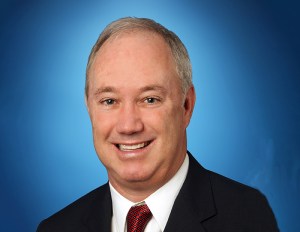


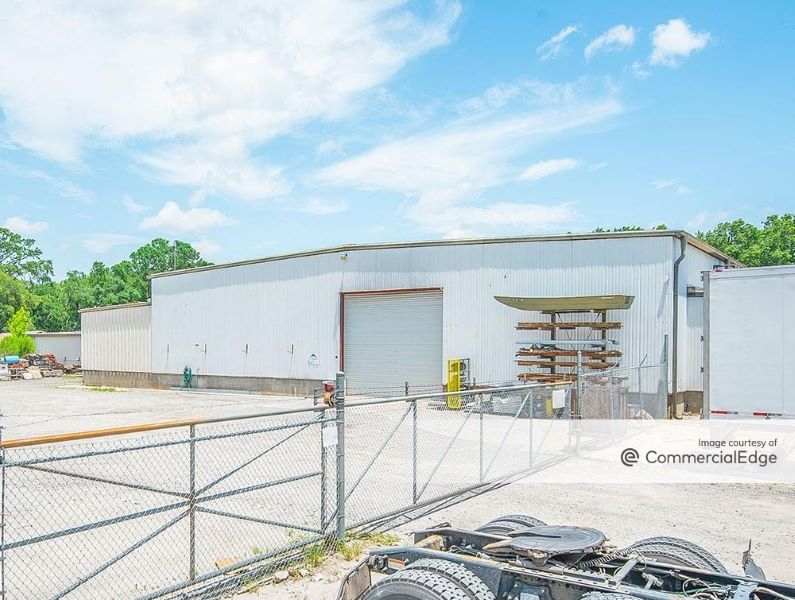
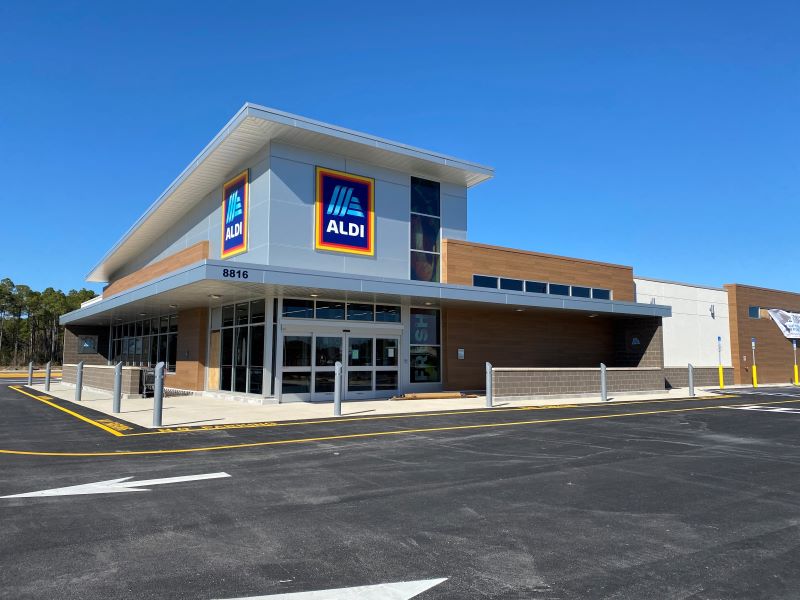
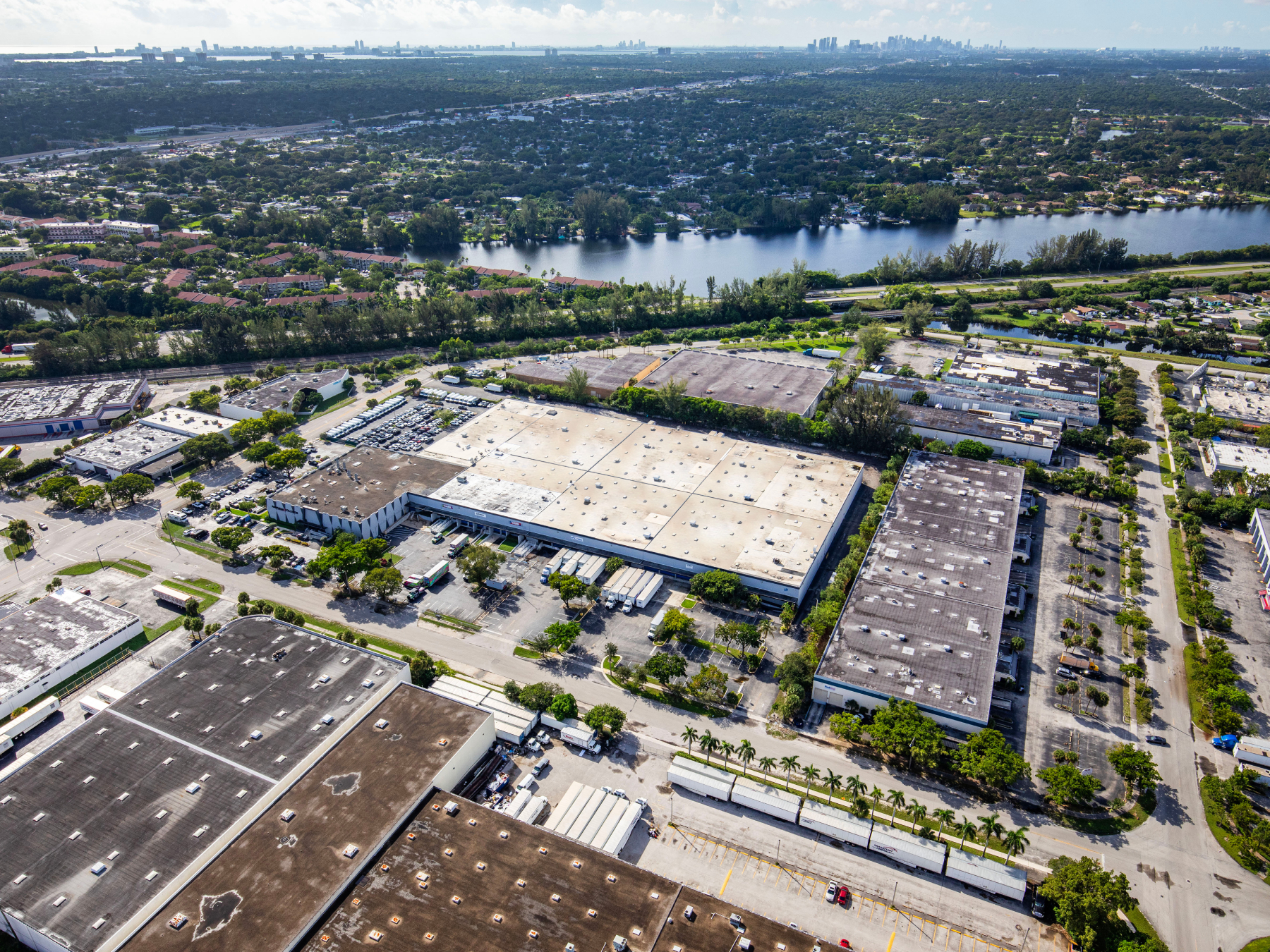
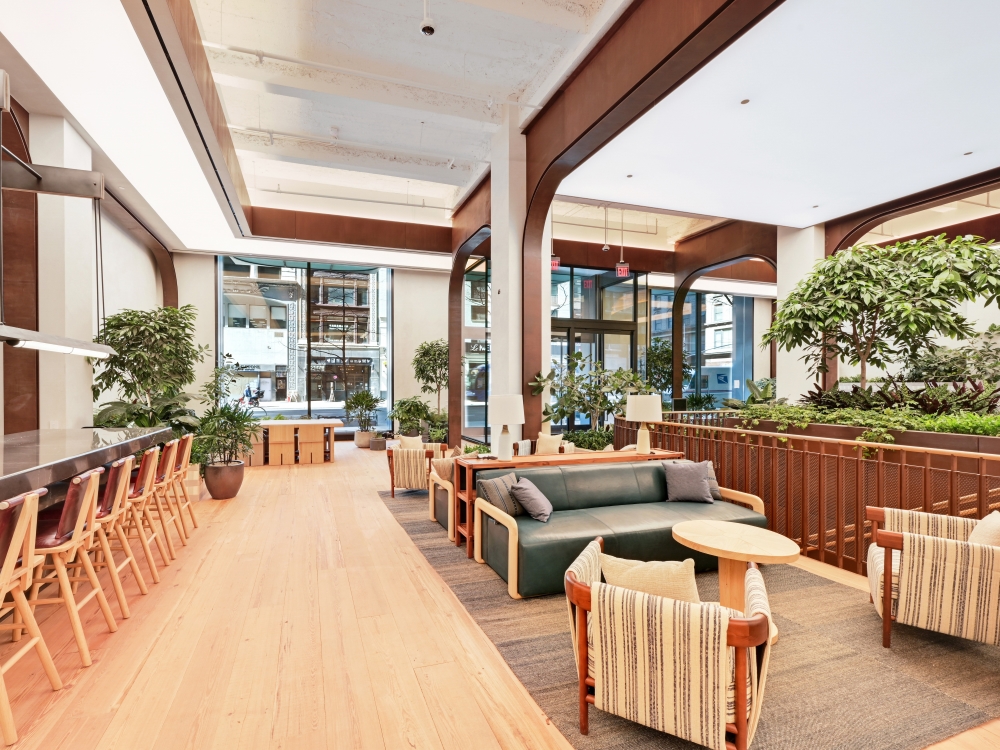
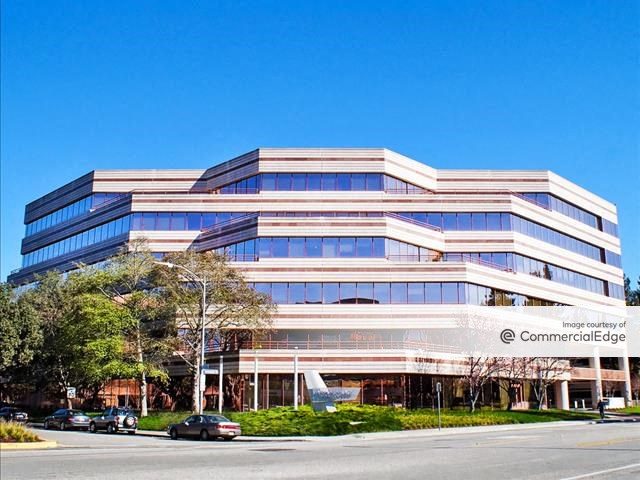
You must be logged in to post a comment.